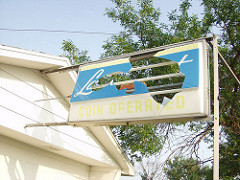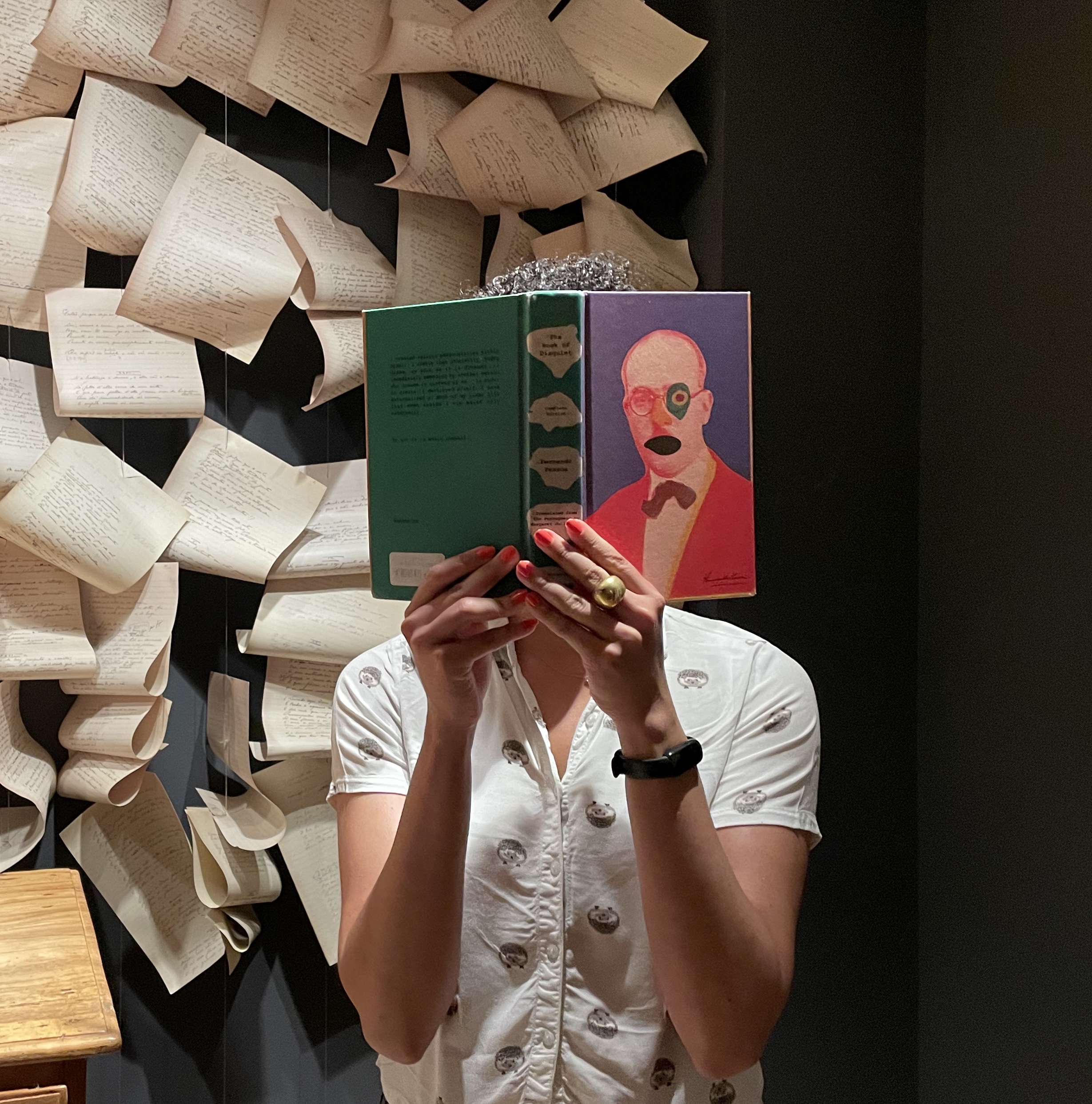By ELIZABETH HAZEN
Mountains rise beyond the Laundromat
like ochre waves about to crash; our father,
armed with tools and pack, tracks the rocks
without a map. Here, the Laundromat is all
in a strip of vacancies; for miles, nothing
but dirt, dust, outcrop, sky. Our mother gives
us coins to clink in the machine; it gushes
cold, foams with the flower-scented soap we dump
from a plastic scoop. Out back, we kick the dirt:
curled in sagebrush, the carcass of a cat.
Inside, our mother, lost in swirls of fading
color, and somewhere in the rocks that look
so near collapse, our father carves out meaning.
When he returns to us, hours later, or days,
he pulls trilobites from his pack, licks them clean.
See? he says, and we do. Dusk hovering,
we chatter at him, showing him the laundry
we have helped our mother fold. At last, we lead him
to the cat, our great find, its stench rising, the novelty
of death a little less under his studied gaze,
and the flies buzzing like static, eager to feed.
Elizabeth Hazen has poems appearing or forthcoming in Best American Poetry 2013, The Threepenny Review, Southwest Review, Fourteen Hills, Salamander, and other journals. She lives in Balitmore.
[Purchase your copy of Issue 02 here.]




